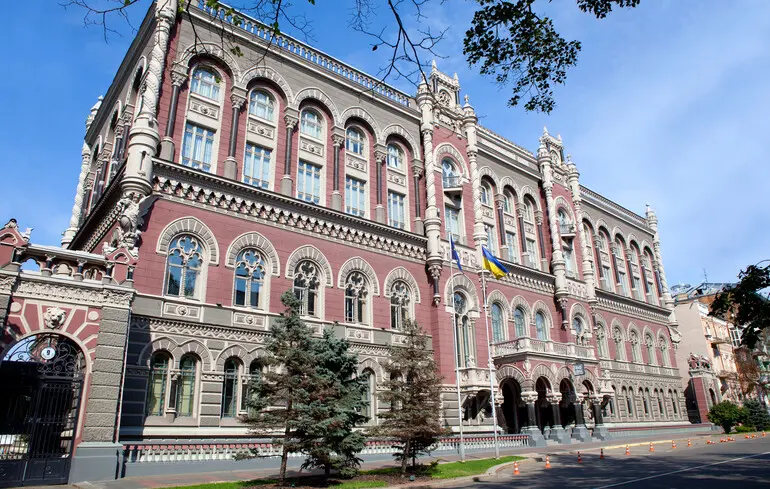National Bank of Ukraine Eases Currency Restrictions: What Changes for Business and Economy

Last week, the National Bank of Ukraine announced a significant easing of the currency restrictions initially imposed at the onset of the large-scale military aggression.
These measures aim to stabilize the country’s economic situation and facilitate Ukrainian businesses, as outlined in recent regulatory documents.
Experts note that removing these limitations not only simplifies entrepreneurial operations but also prevents the emergence of shadow schemes for transferring currency abroad, which had become common practice in recent months.According to the regulator, these changes will allow businesses to respond more flexibly to currency fluctuations and plan their expenses and revenues with greater ease.
Key amendments include the possibility of repatriating dividends, hedging currency risks, streamlining foreign currency transfers, and automating foreign loan procedures.Of particular importance is the regulatory increase in the monthly limit for currency outflows — now set at one million euros, with no specific starting date restrictions as previously.
This flexibility enhances international business activities and promotes transparency in currency transactions.Another noteworthy update concerns procedures for returning funds mistakenly received from abroad: now individuals and companies can transfer back these funds within three working days of notification.
Additionally, the process of transferring unused funds received from foreign shipowners has been simplified, improving the efficiency of resident maritime agents.The program supporting external loans and voluntary donations by Ukrainian businesses to the Armed Forces remains relevant, allowing companies to allocate previously transferred funds toward national defense.In summary, the National Bank of Ukraine’s decision reflects efforts to stabilize the financial sector, improve transparency in currency operations, and create favorable conditions for international trade amid the ongoing military conflict.

